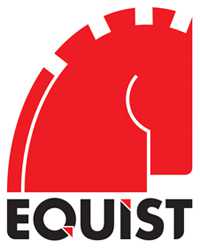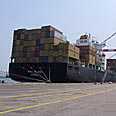LONDON: Consumers in the Netherlands, UK and Turkey are among the most active web users in Europe, new research has shown.
Based on an analysis of 49 markets, digital media monitoring specialist comScore estimated the average regional netizen spent 24.2 hours online in April 2011, viewing 2,462 pages during this period.
Germany contributed 49.9m of the total audience, followed by Russia on 47.8m individuals, and France on 42.3m.
The UK provided 36.5m visitors on this metric, measured against 23.1m Italians, 22.8m consumers in Turkey, and 21.4m from Spain.
When assessing the amount of time committed to this channel, the Netherlands topped the charts, logging 31.3 hours per person, beating the UK’s 29.8 hours, and Turkey’s 29.3 hours.
French users registered just under 25 hours, while Poland, Spain and Finland all came in around the 24 hour mark.
Some of the nations posting the lowest scores were Austria, with 12.5 hours typically dedicated to using the net, hitting 16.6 hours discussing Italy, 17.5 hours for Switzerland and 18.4 hours in Denmark.
Google-owned sites, including its search engine and video-sharing platform YouTube, reached 329m people, or 90.3% of the potential base, in April.
Microsoft’s stable, housing properties such as Bing and Hotmail, attracted 329.8m consumers, a penetration of 73.7%.
Facebook received 236.9m visitors and 116bn page views, with this latter figure 32% greater than that recorded by Google’s sites and nearly five times the number generated by Microsoft’s collected offerings.
Among the featured retailers, eBay led Amazon concerning traffic, securing the attention of 103.2m shoppers to its rival’s 88.2m, with page views coming in at 12.8bn and 2.4bn for these two operators respectively.
Elsewhere, Apple’s various digital hubs were accessed by 64.5m members of the internet population, but only yielded 465m page impressions.
For overall stickiness, however, Russian social network VKontakte was dominant, given the “normal” representative of its 46.7m users spent 495 minutes browsing its pages during April.
Mail.ru, a free email service from the same country, lodged 294 minutes here, surpassing Facebook’s 284 minutes, both considerably ahead of the other leading players.
Data sourced from comScore; additional content by Warc staff, 2 June 2011
via UK, Turkey among top web markets: News from Warc.com.






